The levels of cynicism and disillusionment surrounding the upcoming parliamentary elections in Pakistan — due to take place tomorrow — are remarkable, even for a country with a checkered democratic tradition. Few people believe the vote will be free or fair, with widespread speculation that the country’s all-powerful military has already decided the result and will stop at nothing to get its way. Put simply, the election is a charade.
This is how things stand. The country’s former prime minister, Imran Khan, is in jail. More on him later. Another former leader, Nawaz Sharif, who was in exile after his own spell in jail, has returned home, and all outstanding cases against him have been dropped. How so? Because the generals want Sharif and his Pakistan Muslim League-Nawaz (PML-N) to triumph on election day.
This election will do nothing to halt Pakistan’s downward spiral
It is a remarkable turnaround in political fortunes for Sharif, who fell out badly with the army the last time he was in office. Sharif was ousted from power in 2017, and just a matter of days before the 2018 elections he was sentenced to jail for ten years on corruption charges. He was allowed to go abroad for medical treatment in 2019 and chose to remain in exile. All that appears forgotten now, in Pakistan’s back-to-the-future election. Sharif is seen by the military establishment as a safe bet, a way of ensuring that the army retains power behind the scenes.
The only problem with this cunning plan is that voters don’t seem to be buying into it. Why vote for Sharif, who lacks any discernible program for power and didn’t make much progress in solving the country’s deep-rooted problems the last time he was in office? This uncomfortable reality has left even Pakistan’s generals a little nervous. What if, even after carefully preparing the ground, the result still doesn’t go their way?
That is why the authorities are doing everything possible to crush the only real political alternative to Sharif, which is the Pakistan Tehreek-e-Insaf (PTI) and its leader Imran Khan. He, like so many Pakistani leaders before him, has moved from high office straight to jail, in Pakistan’s version of the Monopoly board game. He was toppled from power in 2022, after a vote of no confidence widely believed to have been orchestrated by the military.
In recent days, Khan was handed a fourteen-year jail sentence in a corruption case the day after a separate ten-year sentence for allegedly leaking state secrets. The timing is hardly a coincidence: it ensures he will remain in prison during the election. Any pretense of due process has been abandoned in this clear travesty of justice. Khan was given no opportunity to defend himself and he was not even present during the sentencing. It must raise serious questions about the independence of the judiciary, which until now has been seen as one of the few state institutions to remain free from political pressure.
The attempts of the authorities to discredit Khan appear to have had the opposite effect: Khan is now a political martyr. He blames an American-led conspiracy, in collusion with the Pakistan military, for his removal from power. It is a tune, however far-fetched, that strikes a chord with voters. His PTI party is expected to do well, despite widespread official harassment of its candidates. Some voters may even boycott the elections in protest, resulting in a lower turnout. This threatens even further the democratic legitimacy of an already questionable electoral process.
The truth is that the election of a new leader — even one anointed by the army — will do little to solve Pakistan’s problems and divisions. The country is mired in institutional corruption and dead-end politics. It is a failed state in all but name.
At the center of this spider’s web is the army, which remains a law unto itself. Since its creation in 1947, Pakistan has been under military rule for a total of thirty-four years — almost half of its entire history. The army chiefs believe they alone can guarantee stability and security, so much so that they have an inalienable right to exercise authority over every sphere of daily life. Pakistan’s main political parties — family-controlled dynasties, riven by factionalism and far from democratic in spirit — are no real match for those in uniform. More recently, the generals appear to have found a more congenial way of exercising absolute power, which is to engineer the election of a suitable civilian puppet as nominal leader of the country. This election will do nothing to halt Pakistan’s downward spiral.
This article was originally published on The Spectator’s UK website.



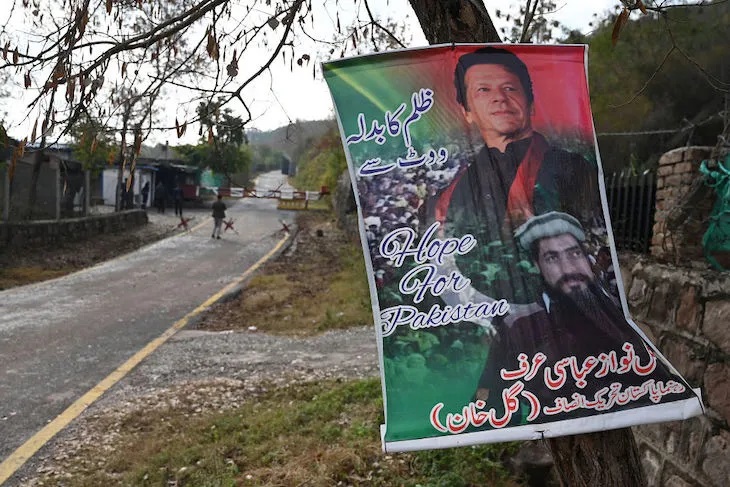









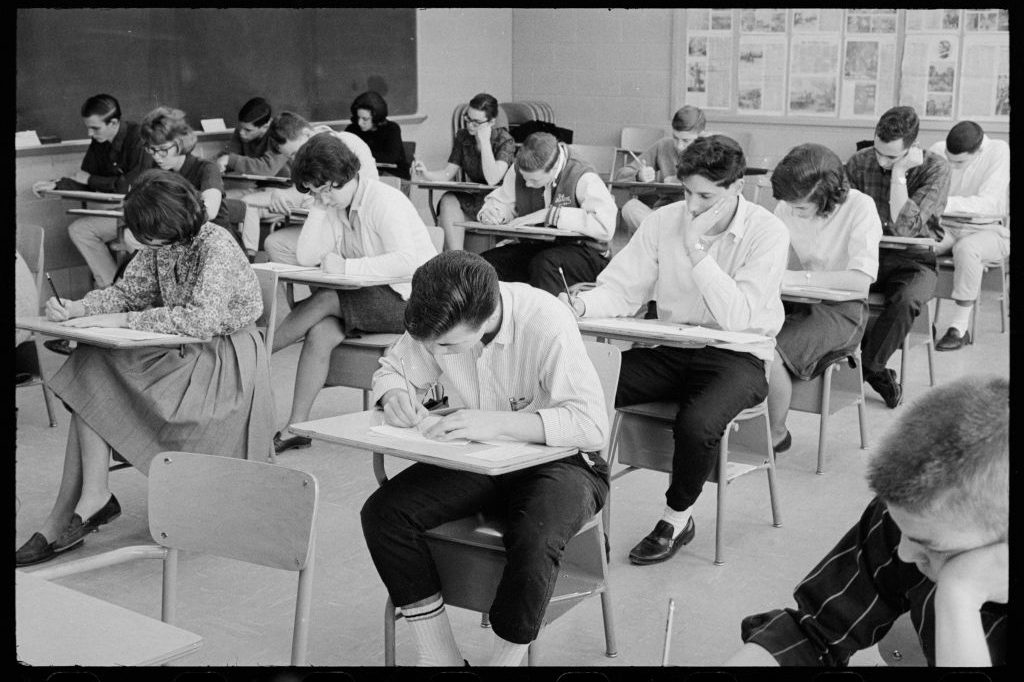
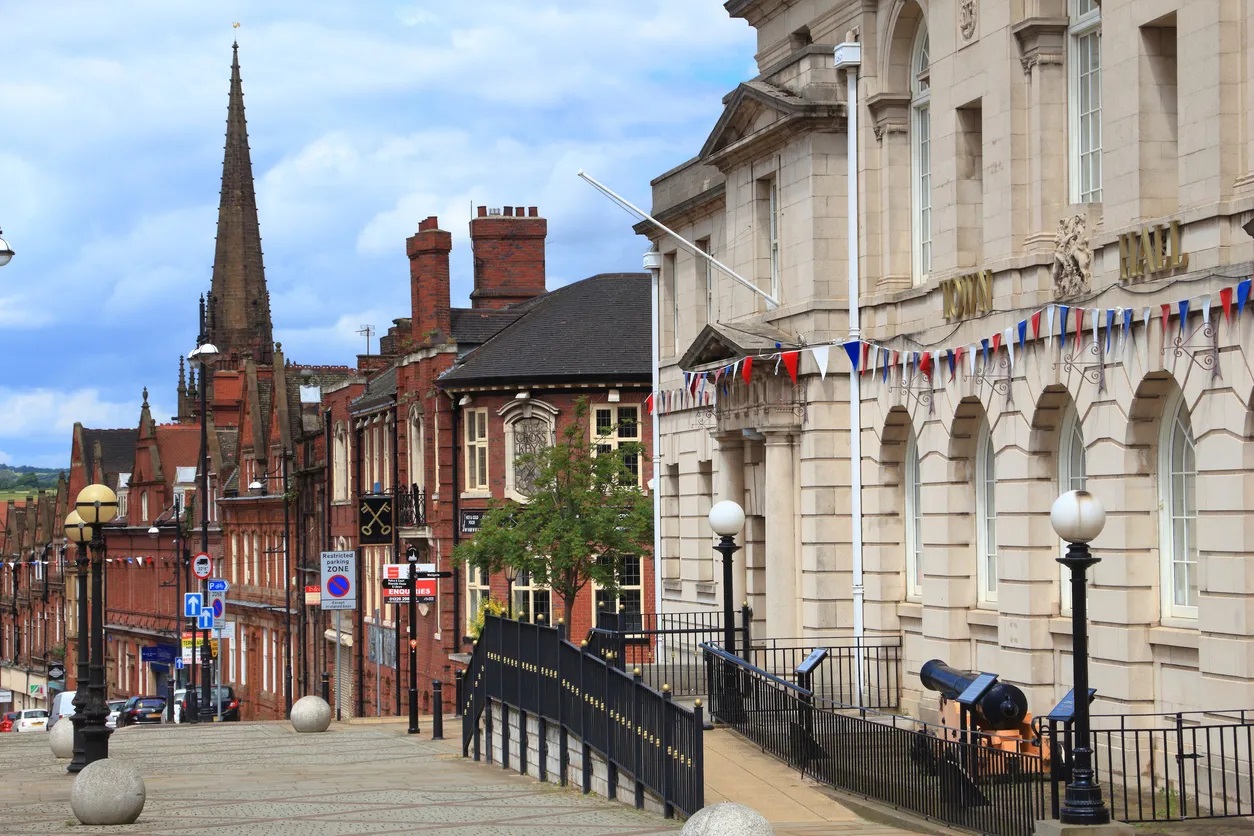
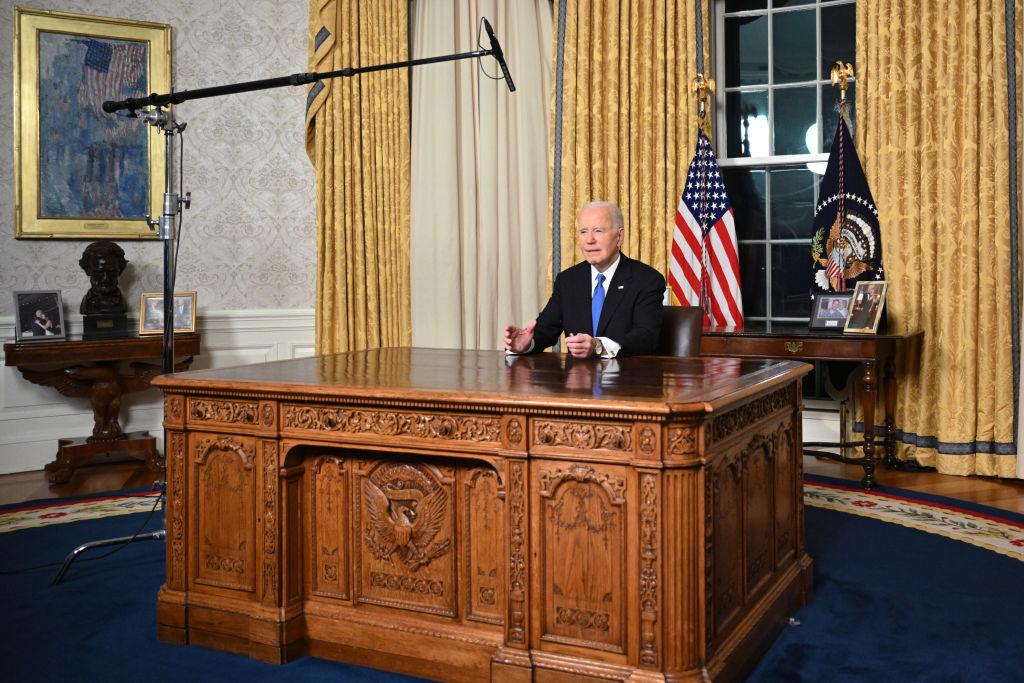
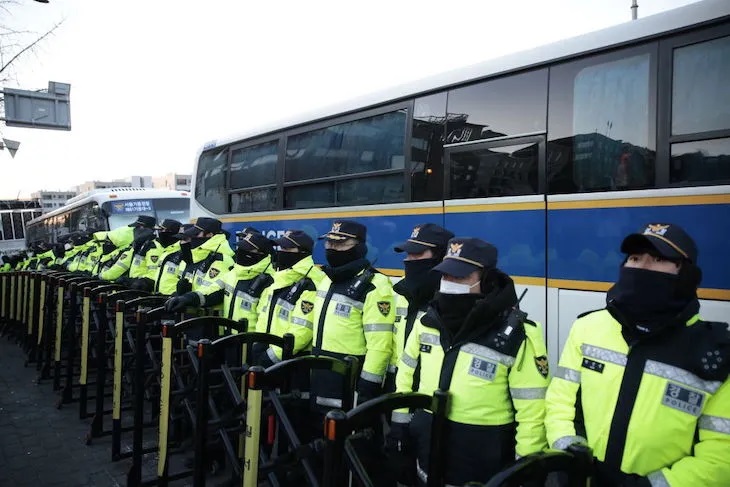
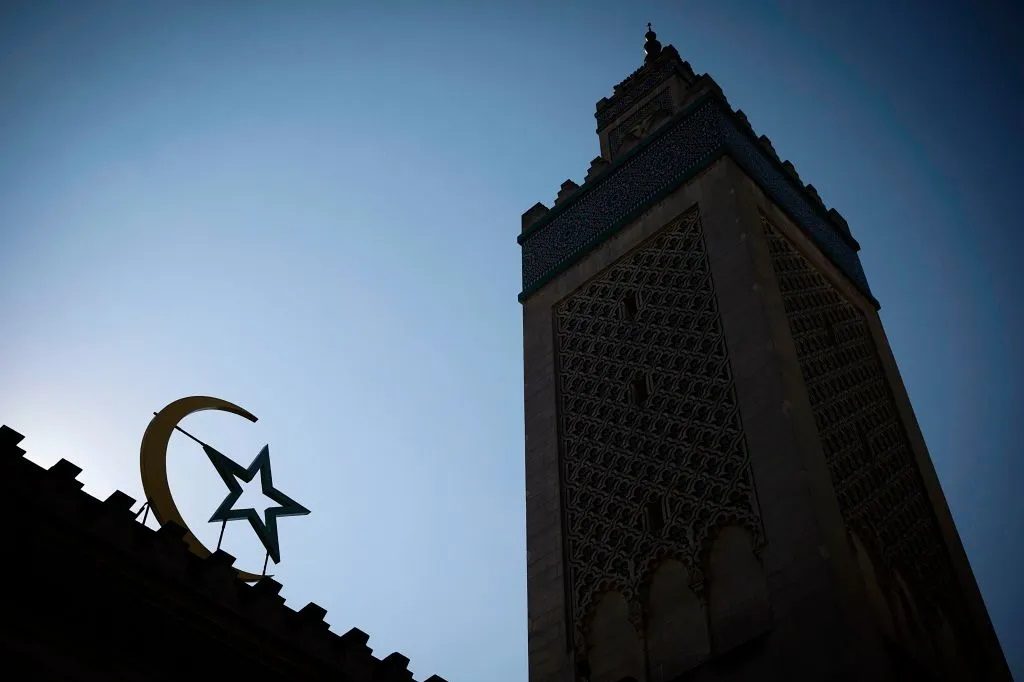








Leave a Reply